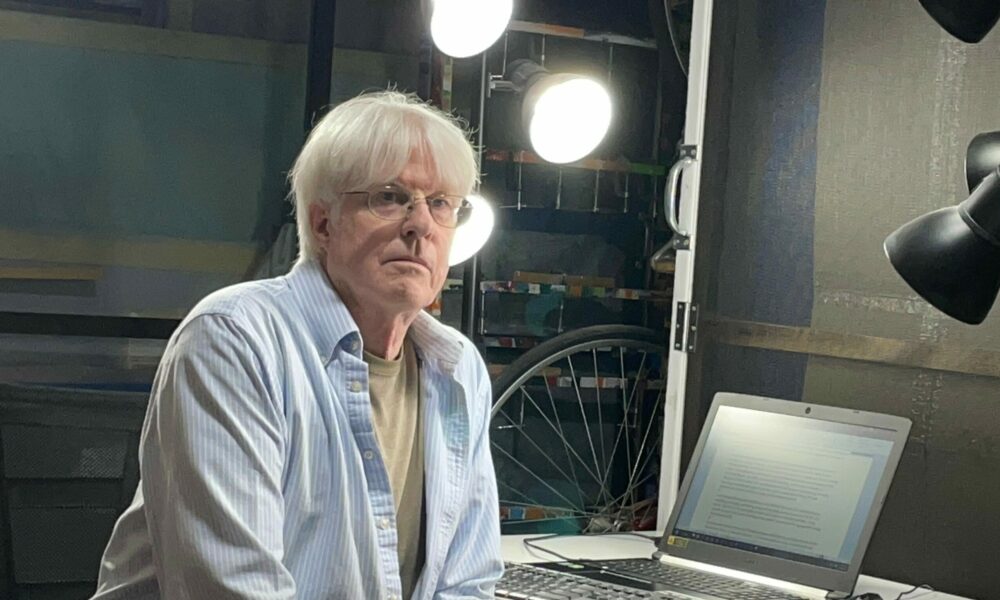

Today we’d like to introduce you to Michael Smith.
Alright, so thank you so much for sharing your story and insight with our readers. To kick things off, can you tell us a bit about how you got started?
I’m a writer and artist based in Richardson, working also as a librarian in McKinney. I’ve been writing science fiction since I was seven, though I branched into literary fiction along the way. Childhood writing energies seem to linger in my modern writing. I’m very much into humor as well as the exploration of psychological themes; somehow, these disparate forces seem to work together.
My library career has spanned the era from before the Internet through the use of twenty-first-century technology. I had several roles at Dallas Public Library, including Texas/Dallas History and Archives and the IT department, where I was the library’s first webmaster, and I rounded out my Dallas career as the assistant manner of the Fretz Park branch. But early retirement didn’t last long, and I’m now a librarian for McKinney Public Library. My work there has included programming for adults, book talks, and author workshops, and I’ve marketed the library through presentations, contacts with local media, and the library website.
I run a bimonthly program at McKinney called Writers’ Exchange, where authors discuss publishing, marketing, editing, and anything in the life of a writer. The writers enjoy the contact and a chance to share tips and ideas. I also host a Teen Creative Writing Group and am amazed at the high quality coming from teen writers.
I write science fiction with a mix of literary and space opera aspects; my literary novels in turn have absurdist elements. I’ve written eighteen novels, of which twelve are published. Seven of these were initially published by independent publishers, which later ceased business, but I reissued these under my Sortmind Press imprint and improved them in the process.
I paint in acrylic and oil and have had several one-man shows, though I’m now concentrating on writing. I’m ready to explore new directions in my visual art, but I’m really not sure what the next methods will be. I work in both abstraction and realism according to how the energies can best be channeled. Abstract artworks are like bizarre dreams you struggle to convey to a listener. Sometimes the result is necessary and resonating. Sometimes it’s confusing and boring. Sometimes I need a realistic image to ground myself in what’s real.
I’m sure you wouldn’t say it’s been obstacle free, but so far would you say the journey has been a fairly smooth road?
Amid the demands of my full-time job, I’ve more or less trained myself to seize whatever free time is available for writing. Often, I have short writing sessions before work. However, I’ve noticed that as I near the time to leave for work, I often come up with unexpectedly concise chapter endings. I might see that I have ten minutes before I need to wrap things up, but have three pages of notes that could stretch to ten pages of fiction. Yet somehow, it occurs to me that all those notes are superfluous, that naturally, Character X would do this and that in the next few seconds, and this is a perfect ending for that chapter. This has happened so often that I wonder if I haven’t unconsciously set this up.
I need to observe, participate in, and process everything around me. My wife Nancy refined this when she told me: “Everything you do in this life is for your art.” Whenever I feel oppressed by exterior obstacles, I just have to remember that they’re also creative fuel.
Another difficulty is the uncomfortable sense of confusion and doubt when a new novel begins gestating as vague ideas, scattered notes, and a blunt yearning for fiction. But while the process is often painful and sometimes seems hopeless, I can’t really denigrate any of it because the power underneath seems destined to lead to important investigations, no matter how the final manuscript turns out.
Appreciate you sharing that. What else should we know about what you do?
I’m inspired by anything that leads to deep emotional understanding and thematic sense. I parcel pieces of myself to all characters, both male and female, and enjoy drawing them. My goal is fairness to all characters as if they were all protagonists and supporting actors in a Shakespeare play with their special moment on the stage.
Some examples of my work:
The Soul Institute, inspired by dreams of a mythic return to the sanctuary of a vast foggy university. This long novel, with its multigenerational foundations and numerous parallel plots, is more or less my flagship novel.
The Jack Commer, Supreme Commander science fiction series, seven novels chronicling the evacuation of Earth, conflict with Martian terrorists, futile time travel war with Alpha Centaurians, and clashes with omnipotent biorobots.
Sortmind, a coming-of-age story about high school art students whose fathers head the reviled, fascist Citizens Against Telepathy.
CommWealth, a dystopian, black comedy about a society where all private property has been outlawed.
Akard Drearstone, the history of a rock group facing the onslaught of national fame at its rural Texas commune in 1975.
Trip to Mars, The Picture Book, my rediscovered sixth-grade science fiction story introducing Jack Commer; I had fun turning it into a paperback children’s picture book.
My website, sortmind.com, contains further examples of my novels and art, and I muse about writing and art processes at blog.sortmind.com.
Is there any advice you’d like to share with our readers who might just be starting out?
Everyone tells you to keep at it no matter what, and to that, I add my assent; it’s truly the only way to develop as a writer or artist. But I find the best method for doing that is to follow the energy, to decide that an activity is either marshaling high energy or draining it.
There’s no obligation to write or draw a certain thing or in a certain way. The methods used to create the previous novel don’t work for the next one. For instance, sorting ideas on notecards and rearranging them across a table have sometimes sparked amazing insight and at other times have wasted hours on non-starter concepts. The method really doesn’t matter as long as you stay with the yearning for fiction, get your ego out of the way, and allow fun ideas to surface.
Without the pressure of being certified by the literati or trying to pass the narrow aperture of traditional publishing houses, writers are freer to experiment with existing genres or to mash them into new ones. We also have more time to crank out new novels, and long series of novels, as opposed to spending years sending out futile query letters for the first novel we wrote. If indie writers are functioning like players on baseball farm teams, true talent may eventually rise to starting positions in the majors. While we have some tools at our disposal for marketing our work, our only real control over our writing fate comes from the quality of our writing; we have to constantly work to make it our best and to keep pushing to new discoveries, new awareness.
Contact Info:
- Website: https://sortmind.com
- Facebook: https://www.facebook.com/Michael.D.Smith.Writer
- Twitter: https://twitter.com/sortmind
- Youtube: https://www.youtube.com/user/orangerhinosmith
- Other: https://www.amazon.com/Michael-D.-Smith/e/B0056B6JPS
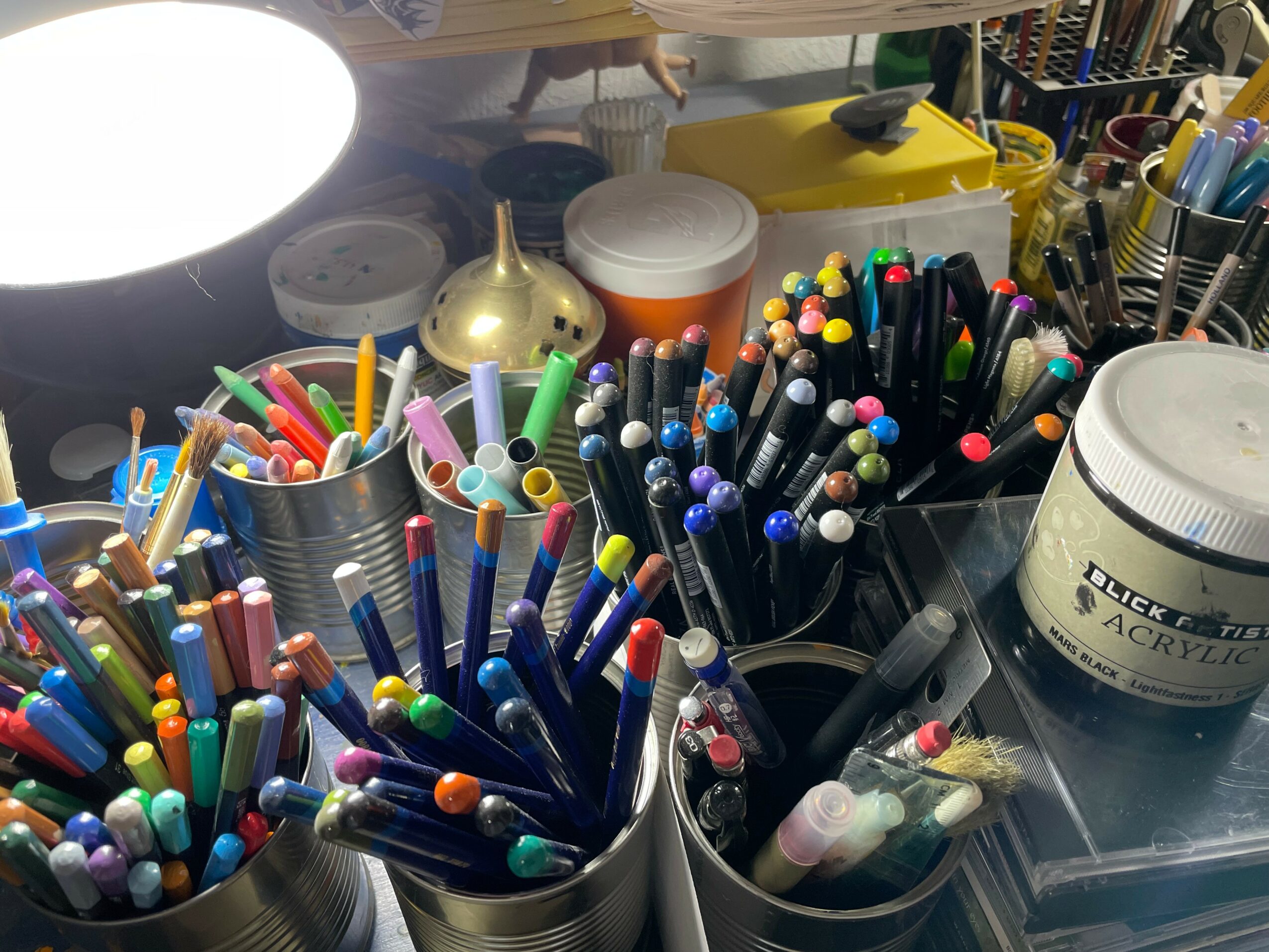
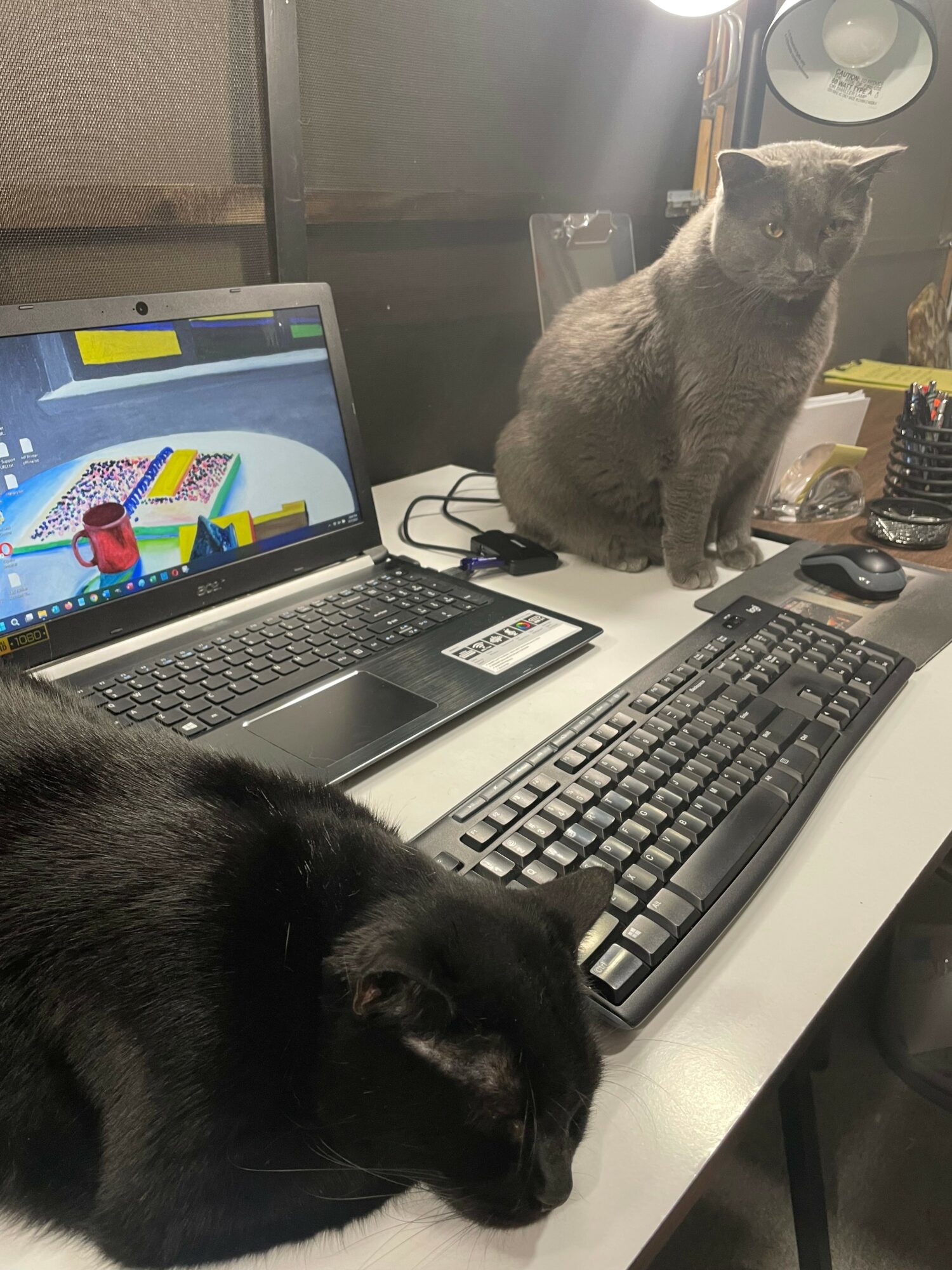
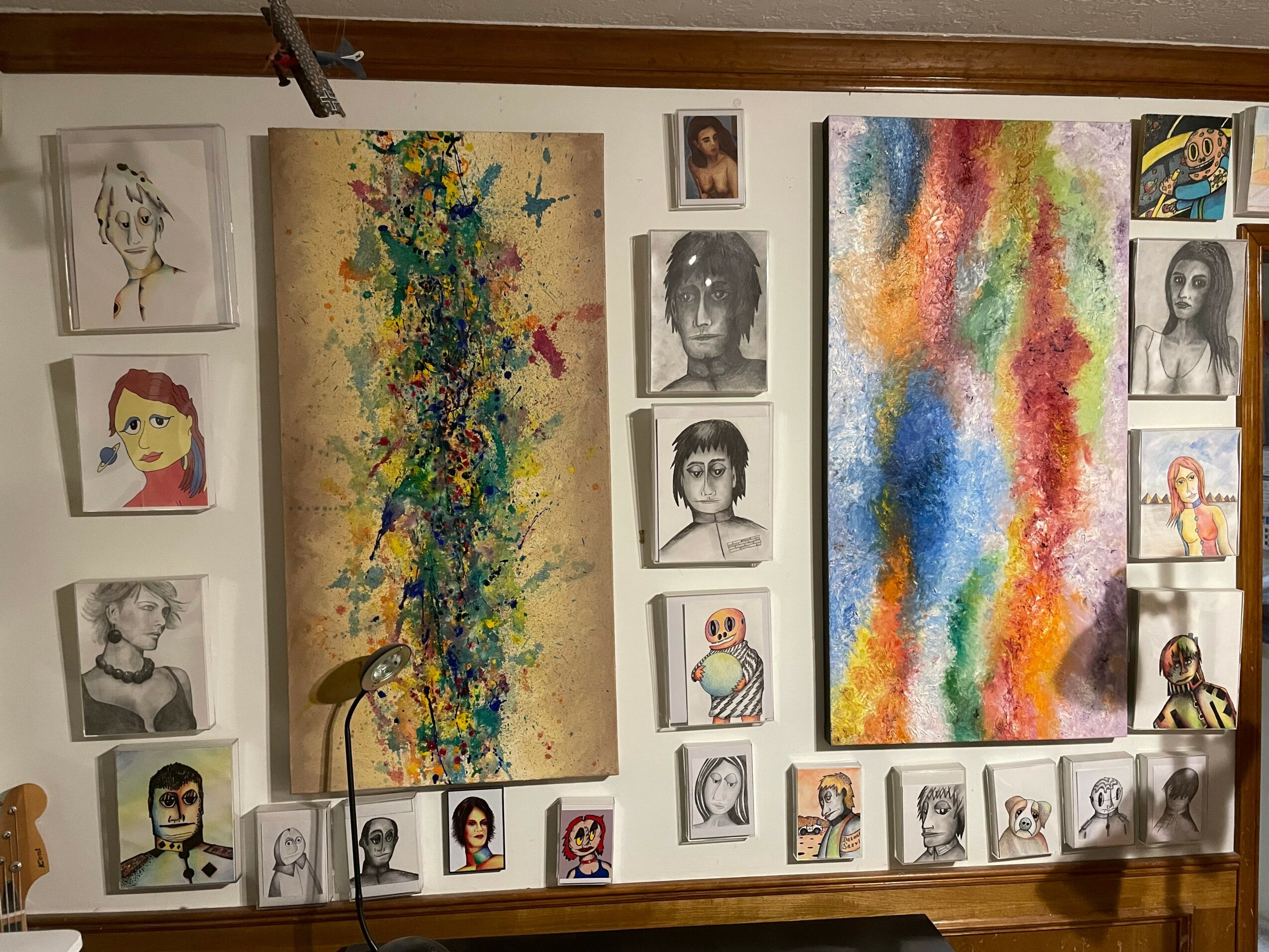
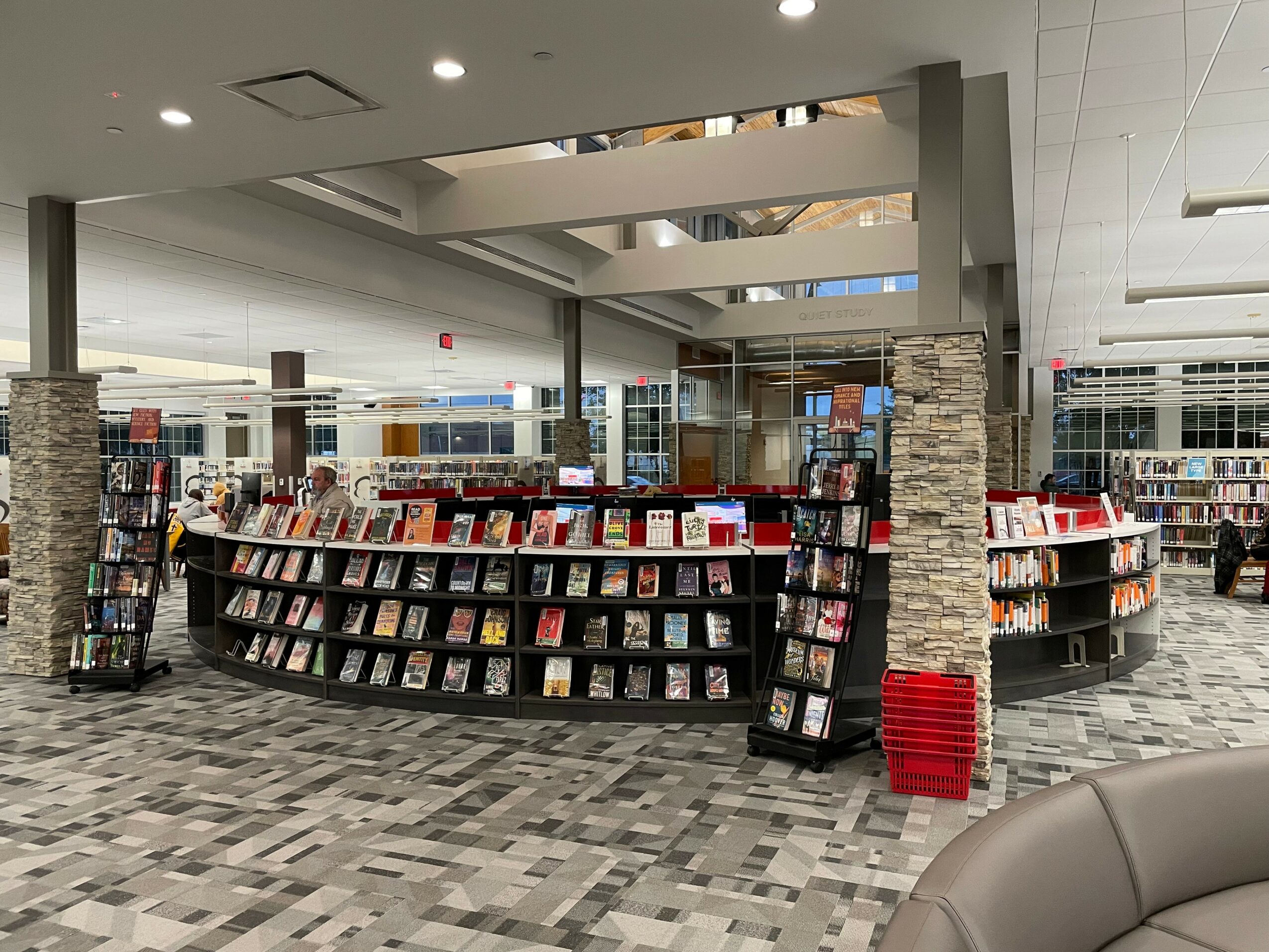

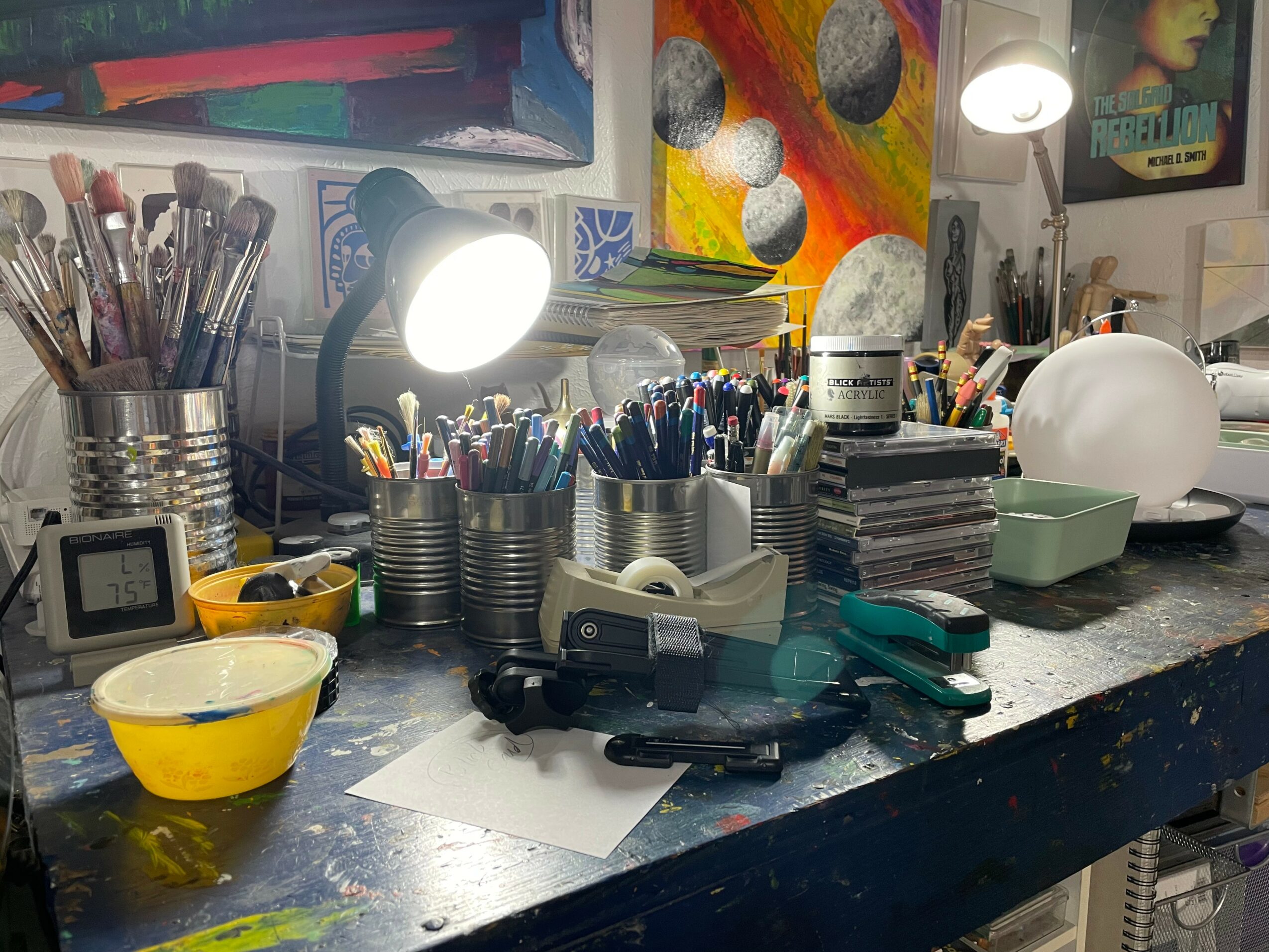
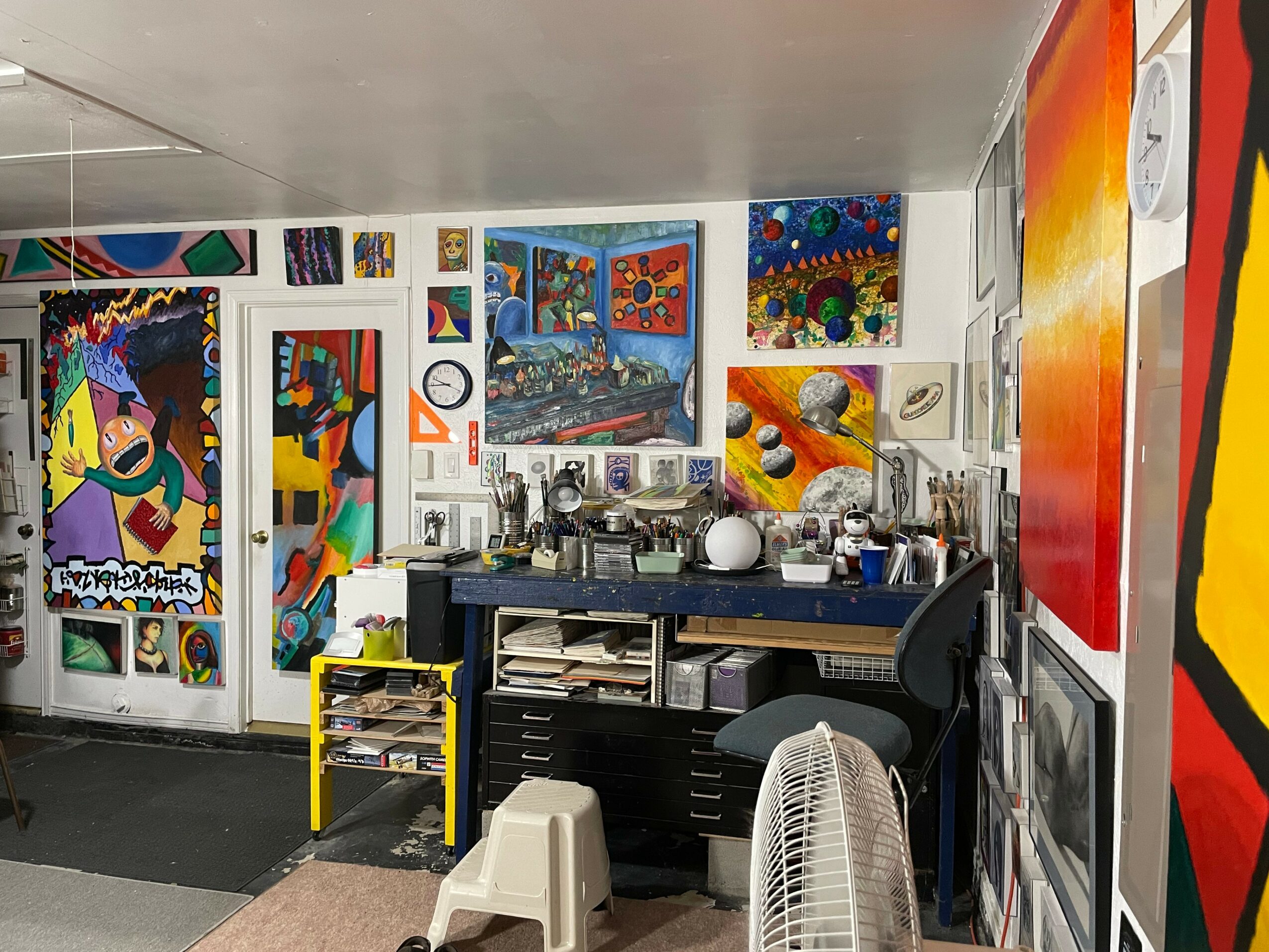
Image Credits
Michael D. Smith










